
7 day online interactive course with vertical, thematic focus on tools and methods of behavioral design for cultural change to tackle societal challenges
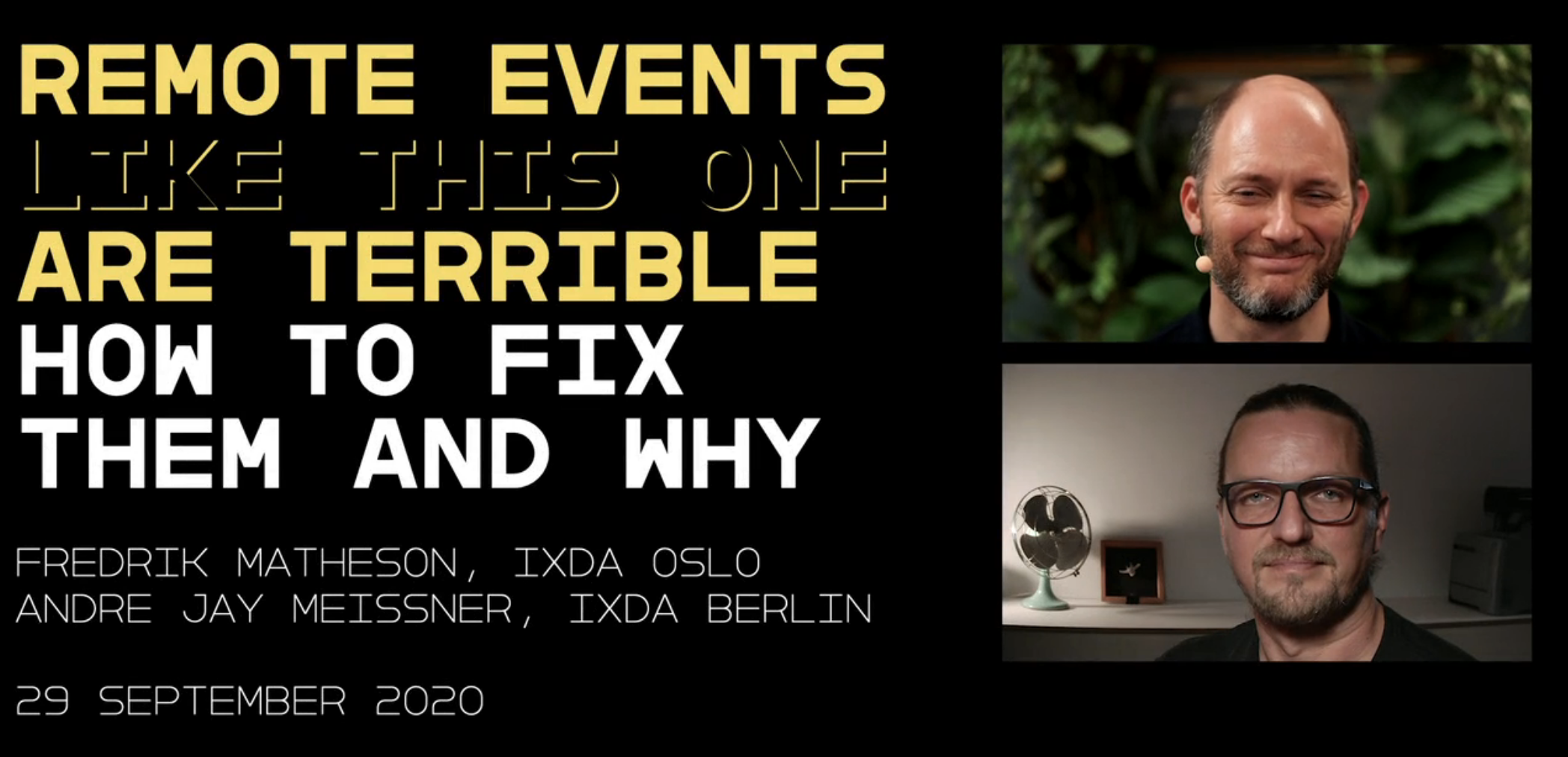
In this talk, Andre Jay Meissner and Fredrik Matheson talk about what we've lost, why existing tech and formats are a poor replacement, and what we can do to change from a navel-gazing event culture into sustainably shaping a new level of conferencing.
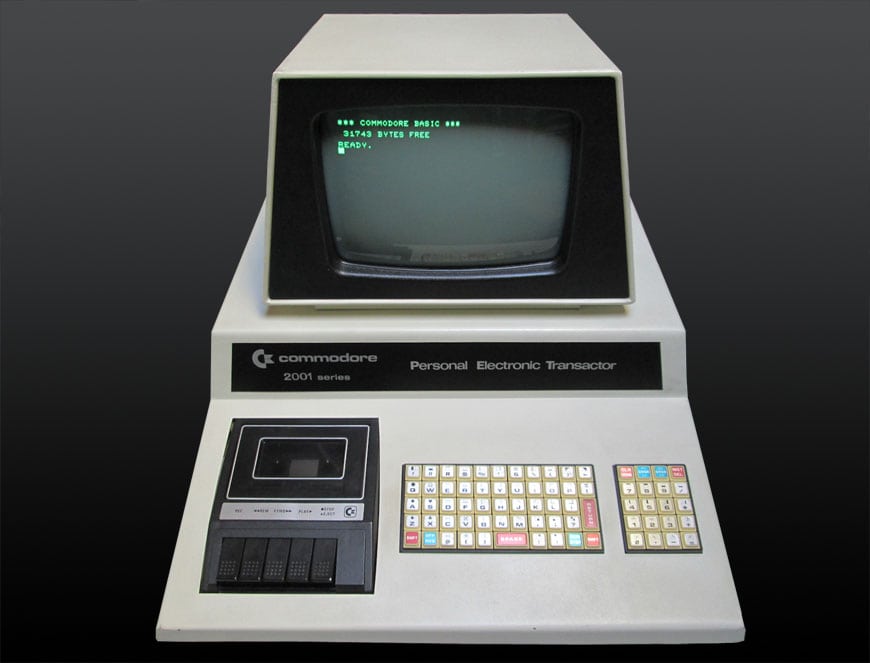
This essay by AI specialist Jessy Lin explores some of the possibilities to rethink how humans and "intelligent" machines interact today.
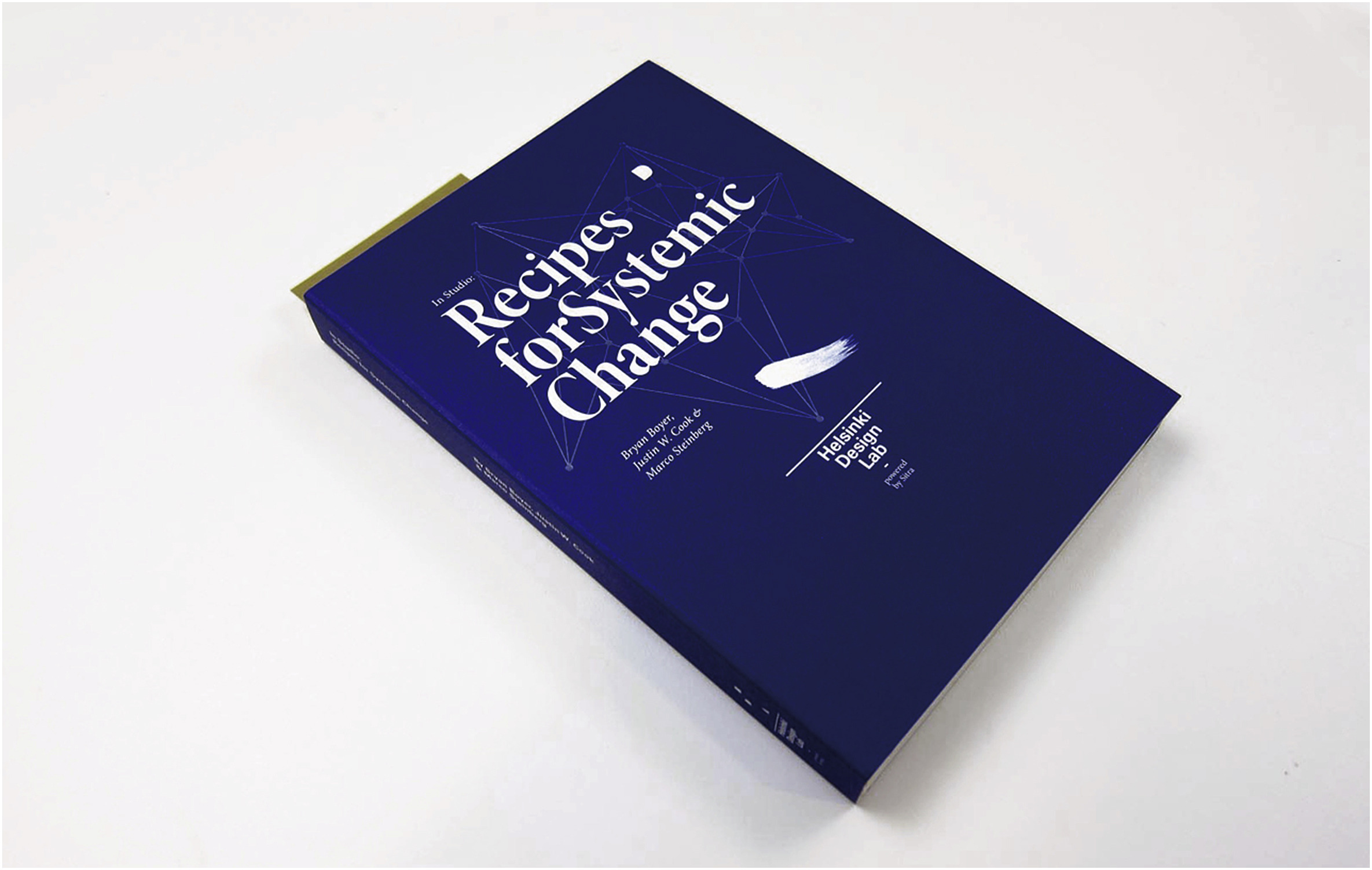
A survey of Helsinki Design Lab's activities 2008-2013, with reflections on the three "bets" that the Lab made and their relevance today.
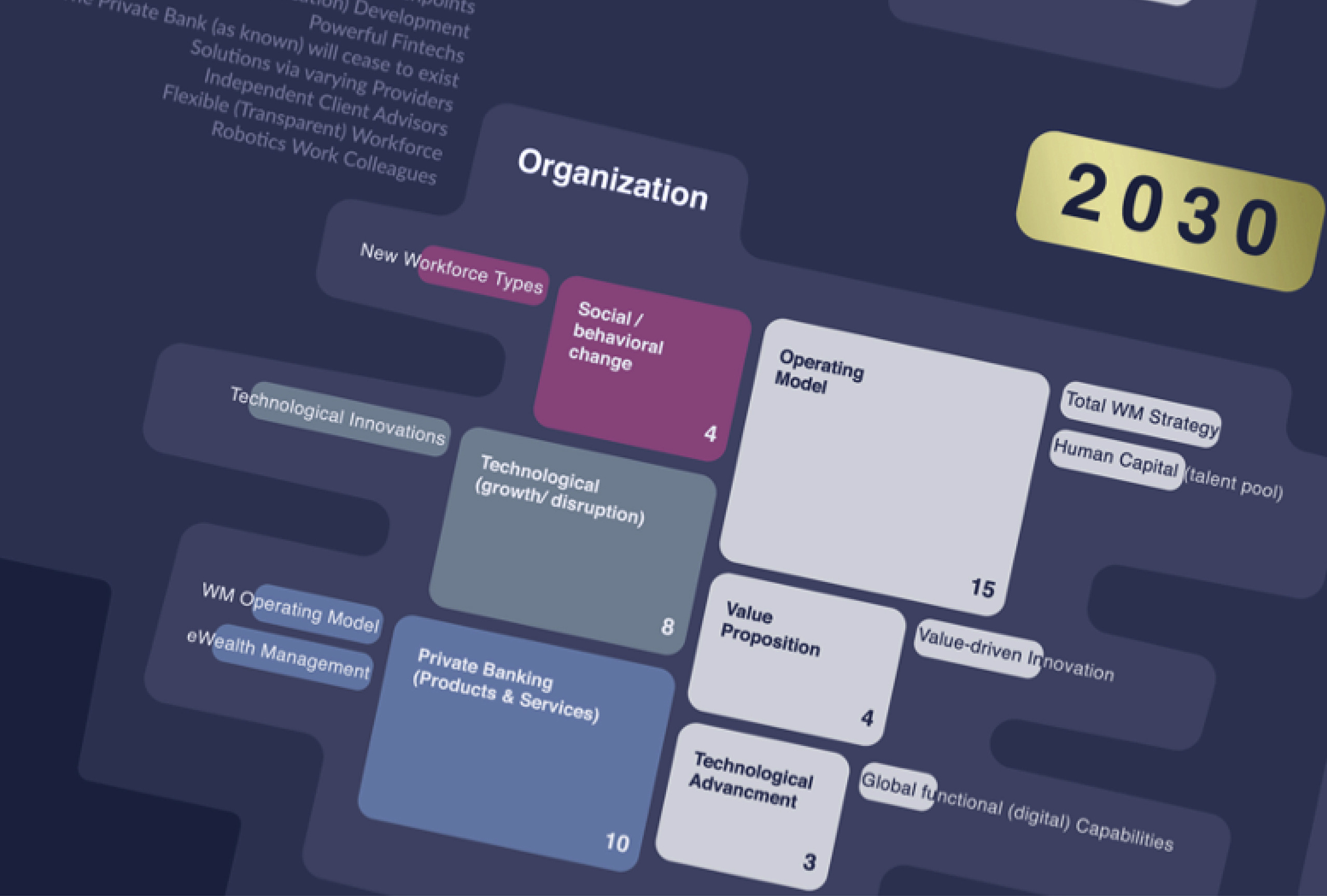
Integrating design with foresight enables decision makers to contend with changes coming from the world (inbound change) and changes the organization creates to influence the world (outbound change; strategy).
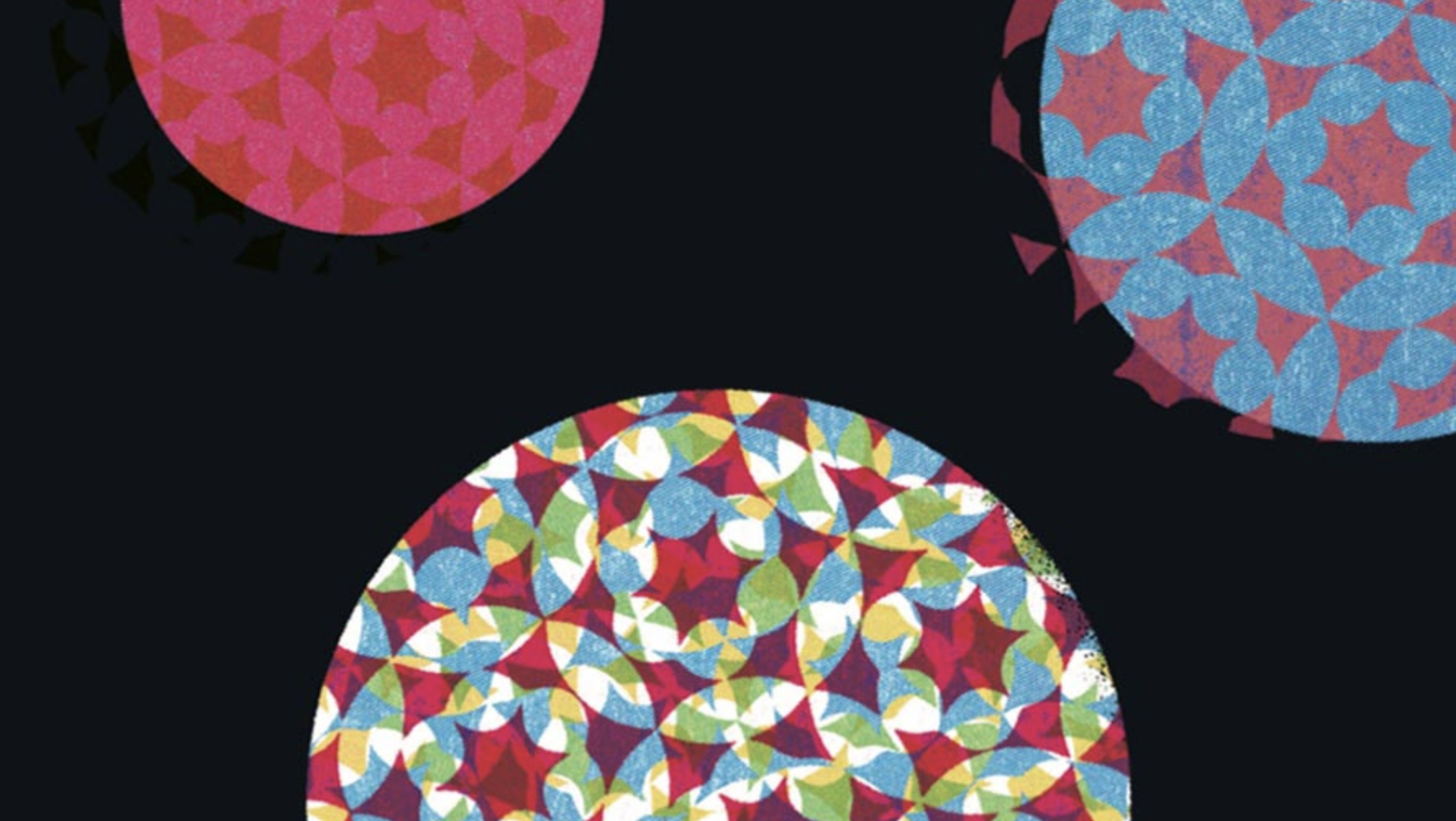
Behavior change design creates entrancing - and effective - products and experiences. Whether you've studied psychology or are new to the field, you can incorporate behavior change principles into your designs to help people achieve meaningful goals, learn and grow, and connect with one another.
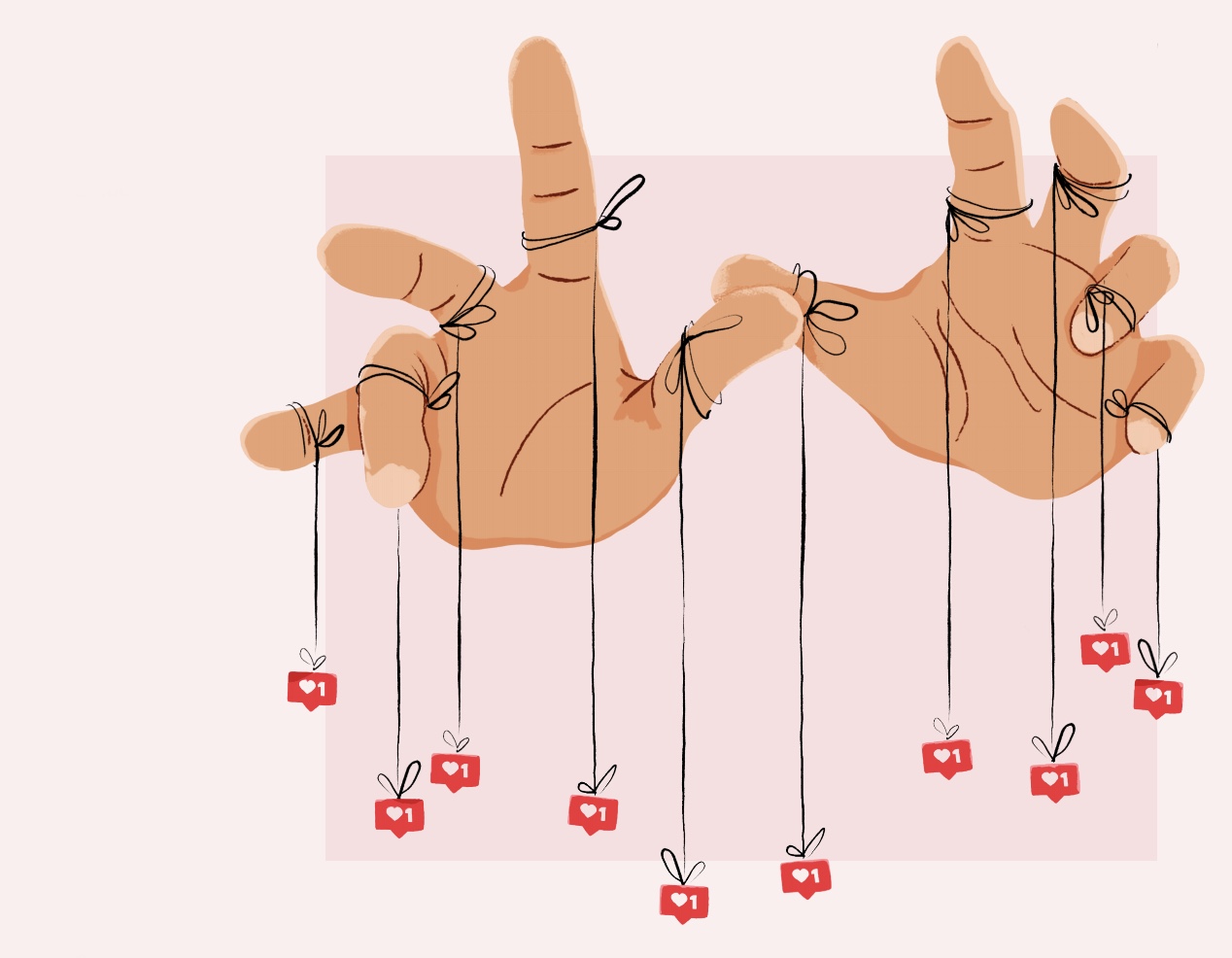
Research has gradually revealed the extent to which online manipulation has been weaponised to affect societies in almost every important way that society works.
Yet while almost everyone is touched in one way or another by online manipulation, only a tiny part of society has generally been involved in confronting it.

While UX designers are trained to be on the side of the user, there are ways that the user experience can be manipulated to be in favor of the "product" in this case, a candidate. UX designer Mary Formanek broke down how this worked in an interview with Salon.

The book explores the future of artificial intelligence (AI) through interviews with AI experts and explores AI history, product examples and failures, and proposes a UX framework to help make AI successful.
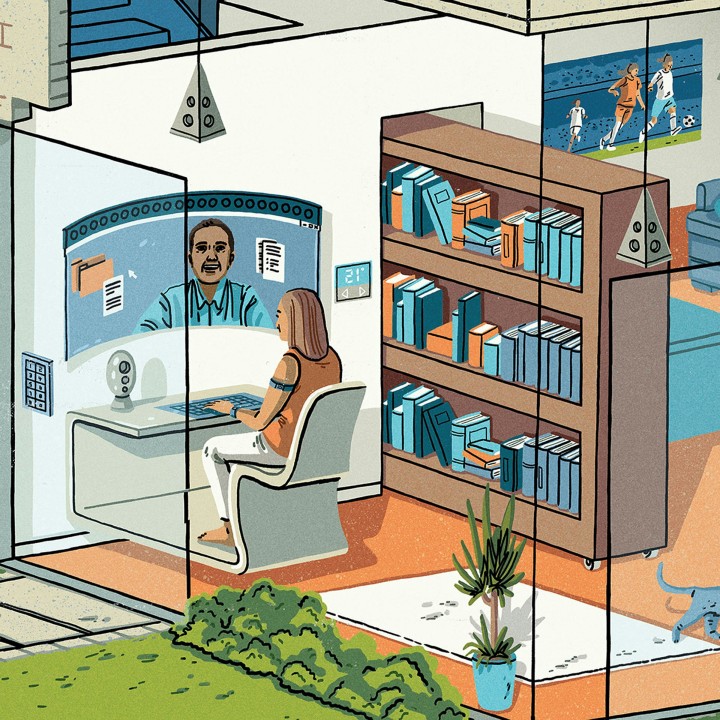
Vitra, the German manufacturing company, published this week a "set of hypotheses" on the future of the home, as living spaces are pushed to the limits.

While it's easy to blame the user, phishing schemes have become incredibly sophisticated and believable. So, instead of blaming the user, we want to instead bring an empathetic lens, and understand more about their needs.
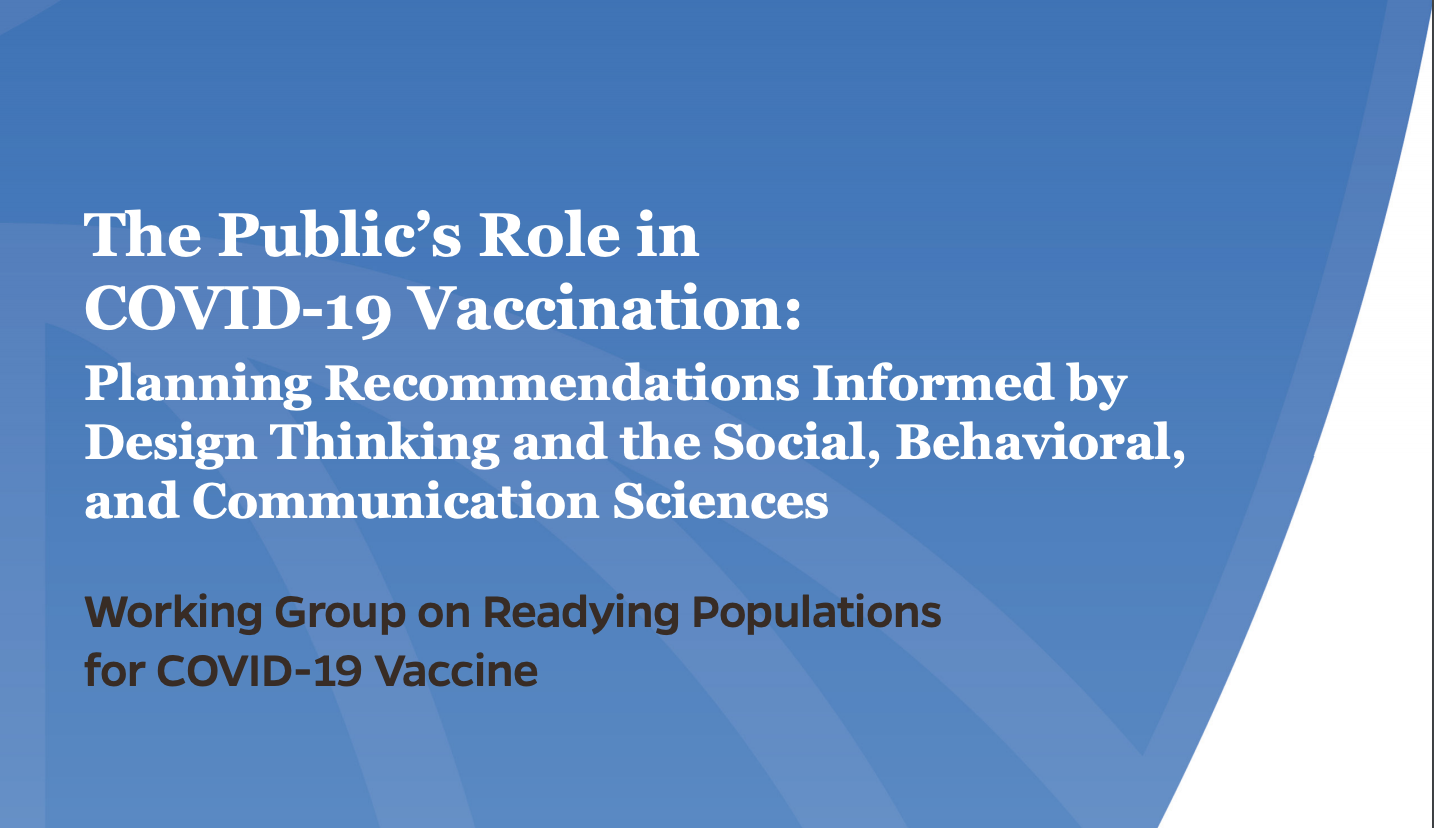
This report considers human factors in relation to future vaccines against the novel coronavirus (SARS-CoV-2), drawing on insights from design thinking and the social, behavioral, and communication sciences. It provides recommendations on how to advance public understanding of, access to, and acceptance of vaccines that protect against COVID-19.
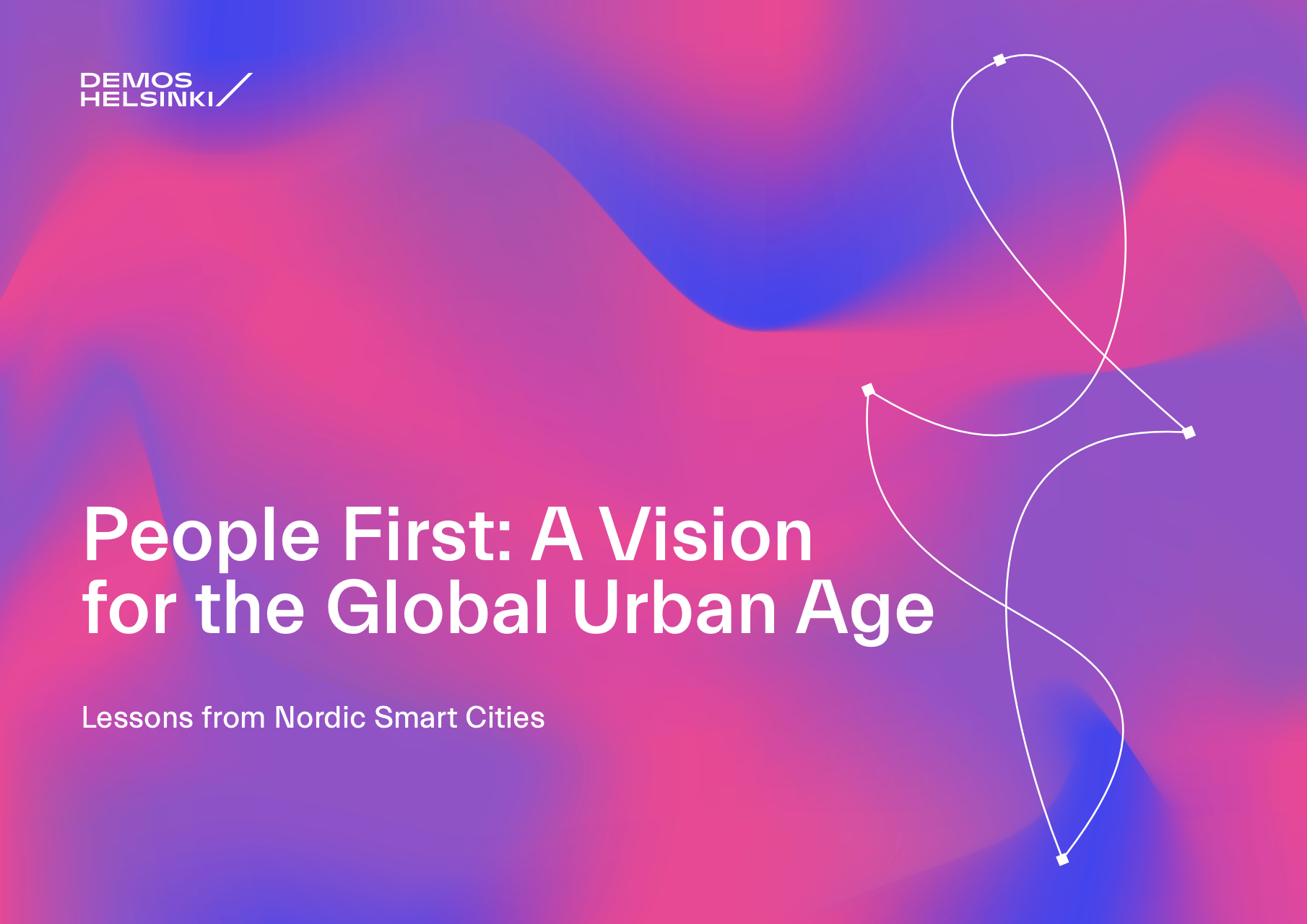
While it is argued that smart city development is at an impasse, we argue that it is at a crossroads. It is possible to simultaneously develop and adopt new technologies and strengthen people's rights. This has been proven in the Nordic cities and Barcelona. The People-first vision presented in this report shows how it is possible for all cities.
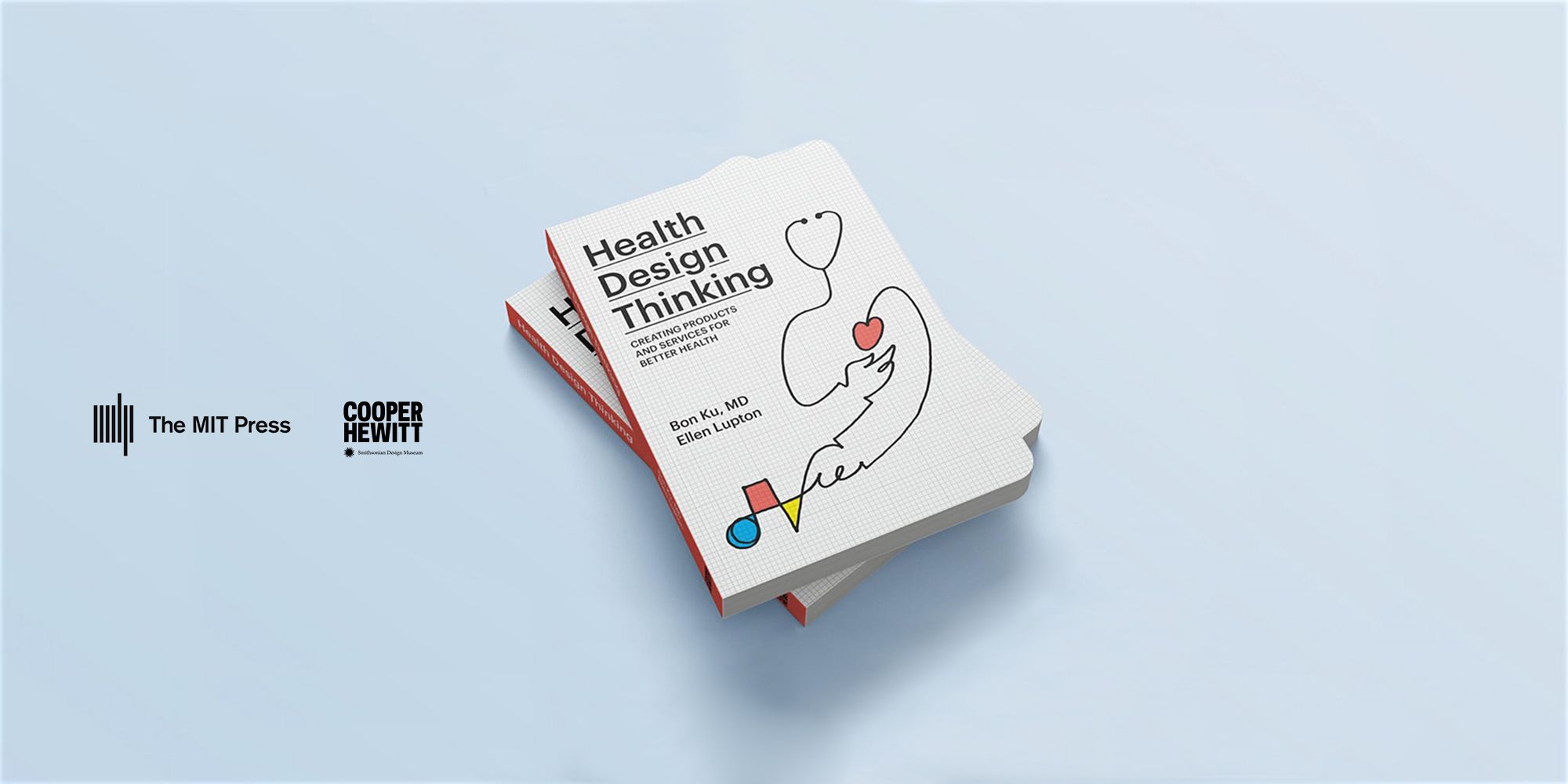
Applying the principles of human-centered design to real-world health care challenges, from drug packaging to early detection of breast cancer.

The MVP is a double-edged sword in that it focuses your engineering and product management priorities, but might steamroll user priorities. An MVP that misses 'desirable' will risk the unintended consequence of poor user adoption.
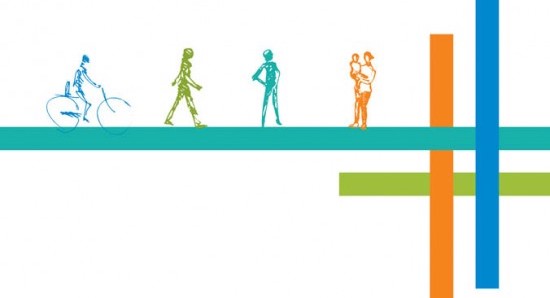
A call to reclaim and rethink the field of designing as a liberal art where diverse voices come together to shape the material world.
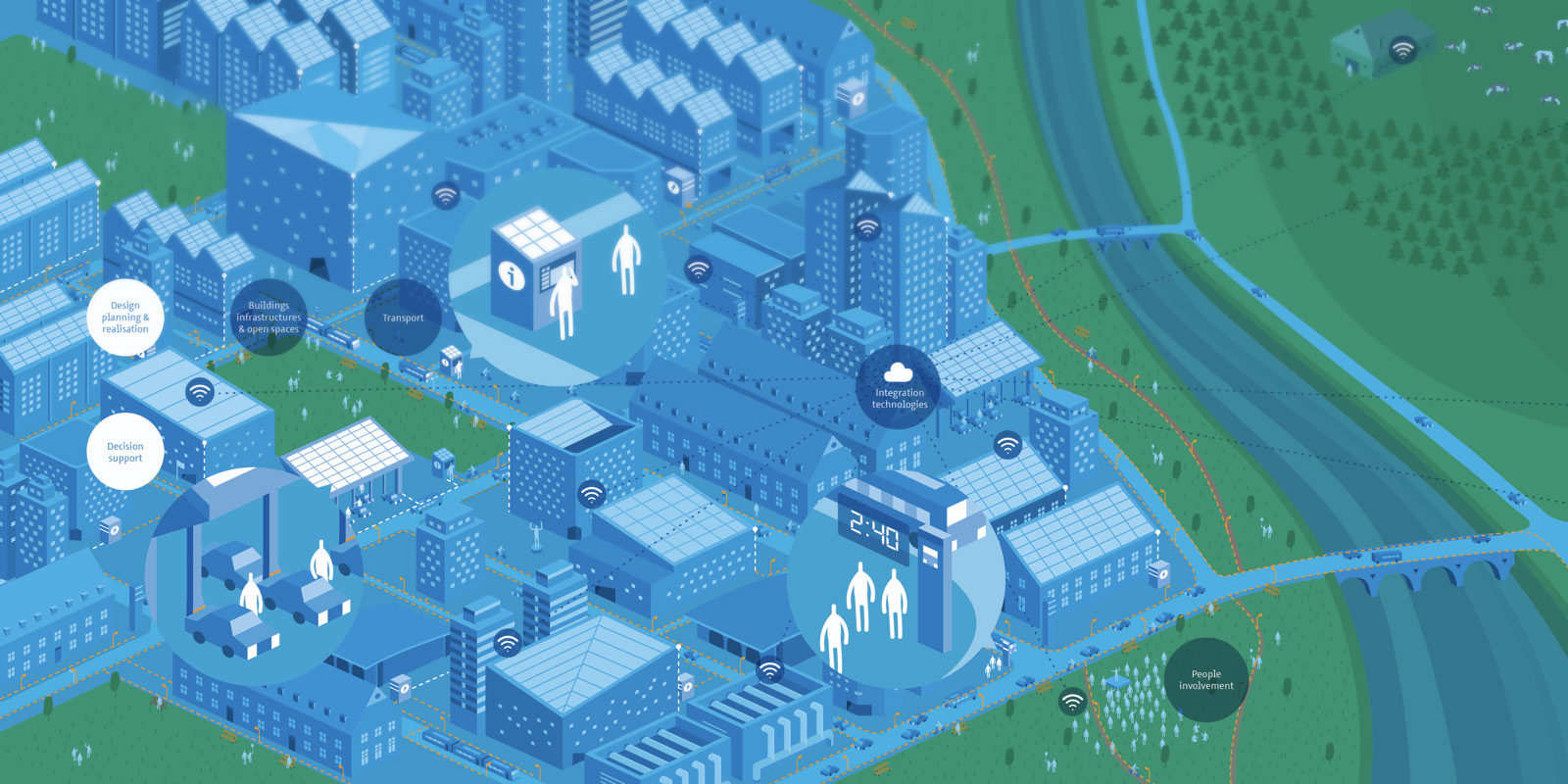
The Covid-19 pandemic is rapidly transforming our present and our future. What are researchers and designers learning that can help companies evolve their products and services to make them more robust within this fast changing context and market?
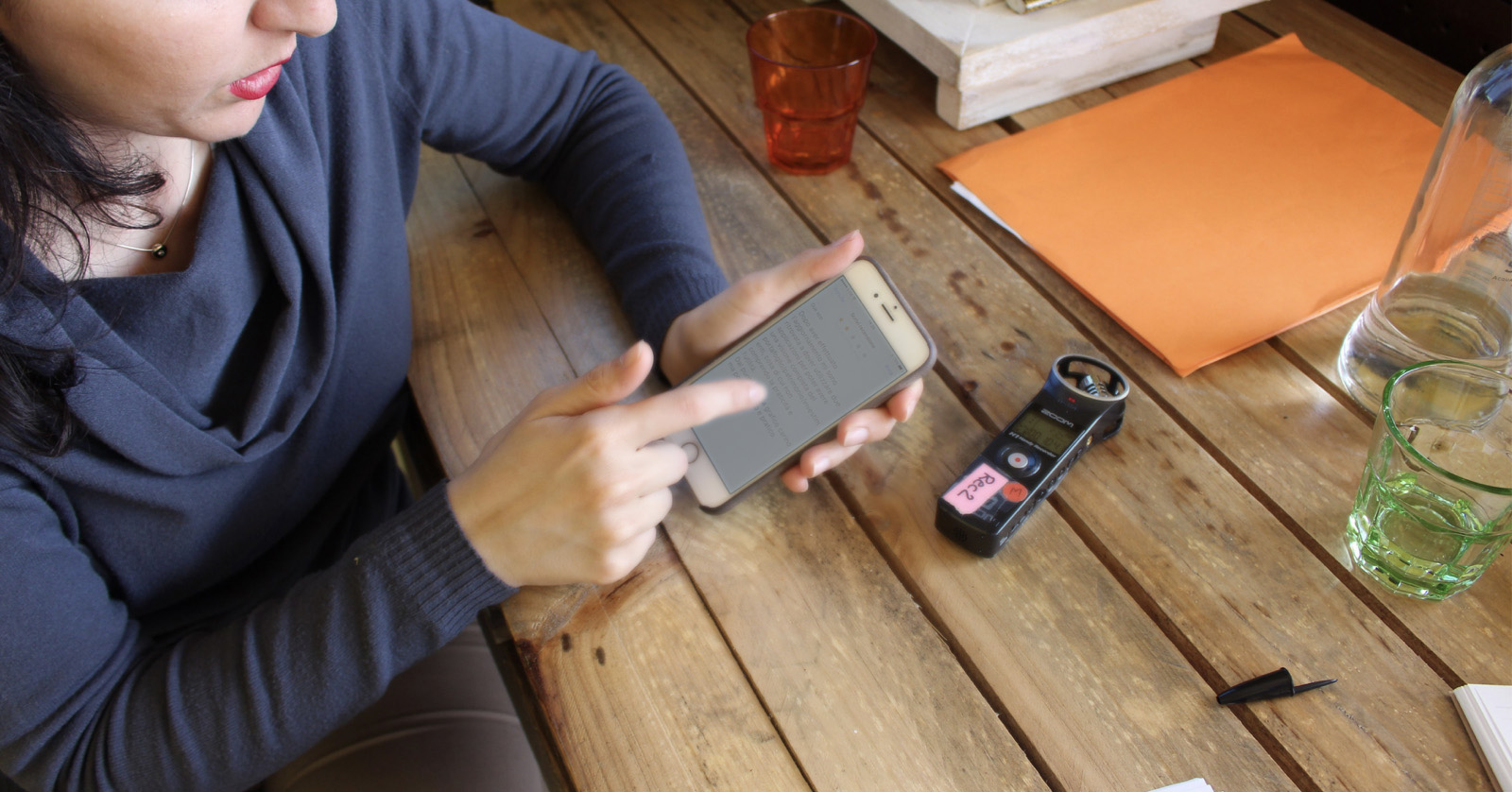
Experientia's Stefano Galeazzi and Daria Cantù explore how to conduct impactful applied qualitative research remotely, when we may not be able to conduct in-person interviews - as is the case now during the Covid-19 pandemic.
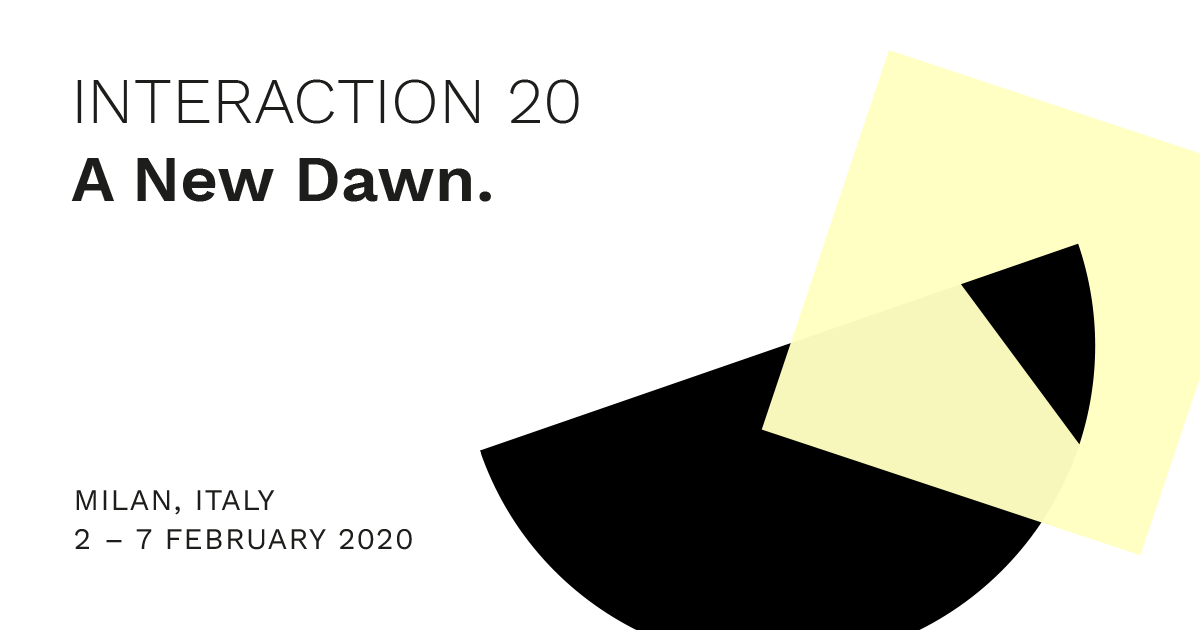
The videos of the Interaction20 conference that took place in Milan early February are starting to become available. 20 are already online, including 7 of the 9 keynotes.

Fourth (and particularly rich) edition of features and articles on what may lie ahead.




















